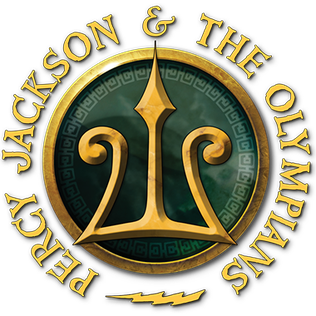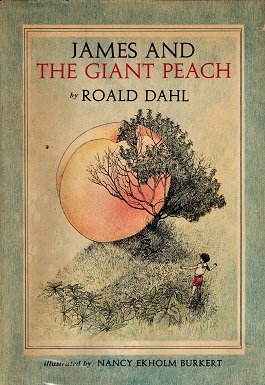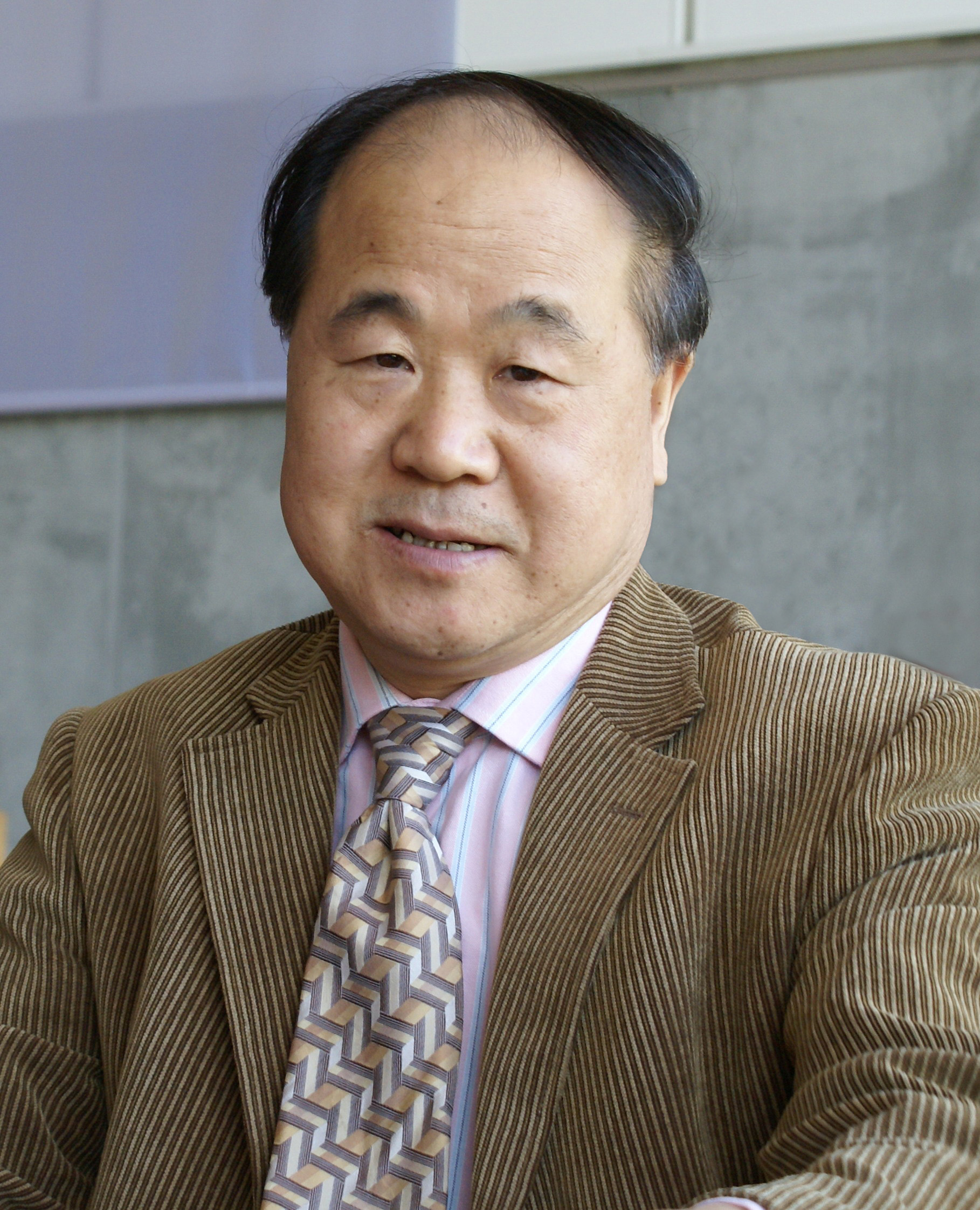Eugenio Montale
Discover the key milestones in the life of Eugenio Montale, the influential Italian poet, writer, and translator. From his early life and career beginnings to receiving the Nobel Prize in Literature, explore the timeline of events that shaped Montale's legacy in the literary world.
Birth of Eugenio Montale
Eugenio Montale was born on October 12, 1896, in Genoa, Italy. He was the youngest of six children born to Domenico Montale and Giuseppina Ricci. His family were affluent and engaged in the business of producing and trading chemicals. Montale grew up in a culture where literary and musical education were highly valued, setting the stage for his future as one of Italy's most renowned poets.
Torino Meeting Publication
In 1925, Eugenio Montale published his first book of poetry, "Ossi di seppia" (Cuttlefish Bones), in which he brought a new tone and style to Italian poetry. With this work, Montale, who was part of the so-called 'hermetic' poets, gained national attention. His poetry was seen as understated yet rich with allusion, and it explored the bleak and arid landscape of Liguria, reflecting Montale's existential concerns.
Join Solaria
Eugenio Montale joined the literary review "Solaria" in 1927, which was a significant platform for young Italian writers and intellectuals seeking to modernize Italian culture and literature. Montale's contributions to Solaria helped him refine his own poetic voice and engage with a broader intellectual audience, setting the groundwork for his future writings that would challenge conventional forms and themes.
Resistance Poetry in 1943
During World War II, Montale was involved in the antifascist resistance in Italy and used his poetry to express his opposition to fascism and war. His work during this time reflected the despair and hardship faced by many Italians, as he infused his verses with vivid imagery and poignancy that would go on to influence post-war Italian poetry.
Move to Milan
In 1948, Eugenio Montale moved to Milan, where he began working as an editor and music critic for the "Corriere della Sera," a prominent Italian newspaper. His position at the newspaper allowed him to further immerse himself in the Italian literary and cultural scene, while also shaping the public reception of music and literature through his critical writings. This move marked an important phase in his career.
Release of "La bufera e altro"
In 1956, Montale's poetry collection "La bufera e altro" (The Storm and Other Things) was released, containing powerful reflections on World War II, the anguish of post-war recovery, and existential contemplation. The consolidation of Montale’s themes of alienation, solitude, and a desperate search for certainty against the absurdity of a chaotic world are evident in this volume.
Awarded Nobel Prize in Literature
Eugenio Montale was awarded the Nobel Prize in Literature in 1975. The Swedish Academy recognized him 'for his distinctive poetry which, with great artistic sensitivity, has interpreted human values under the sign of an outlook on life with no illusions.' Montale became the sixth Italian to win this prestigious accolade, solidifying his place in the international literary community.
Appointed as Senator for Life
In 1981, Eugenio Montale was appointed a Senator for Life in Italy. This honor, bestowed by the President of the Italian Republic, is given to individuals who have provided high merit in the social, scientific, artistic, or literary fields. Montale's career as a poet and cultural figure was thus further recognized in the halls of government, allowing him to contribute to cultural policy until his death.
Publication of 'Collected Poems'
'Collected Poems 1920–1954' by Eugenio Montale was published, offering the English-speaking world a comprehensive collection of Montale's early poetical works. This volume allowed for a renewed international interest in Montale's work, providing insight into the development of his poetic forms and themes throughout the first half of his career, translating his complex imagery and themes for a wider audience.
Death of Eugenio Montale
Eugenio Montale died on September 12, 1982, in Milan, Italy, at the age of 86. Although he had achieved significant prominence during his lifetime, his passing marked the end of an era in contemporary Italian literature. Montale left behind a rich body of work that continues to influence poets and writers both in Italy and around the world.
Frequently asked questions about Eugenio Montale
Discover commonly asked questions regarding Eugenio Montale. If there are any questions we may have overlooked, please let us know.
When did Eugenio Montale pass away?
When did Eugenio Montale win the Nobel Prize in Literature?
What are some of Eugenio Montale's notable works?
When was Eugenio Montale born?
Related timelines
More timelines connected to Eugenio Montale







